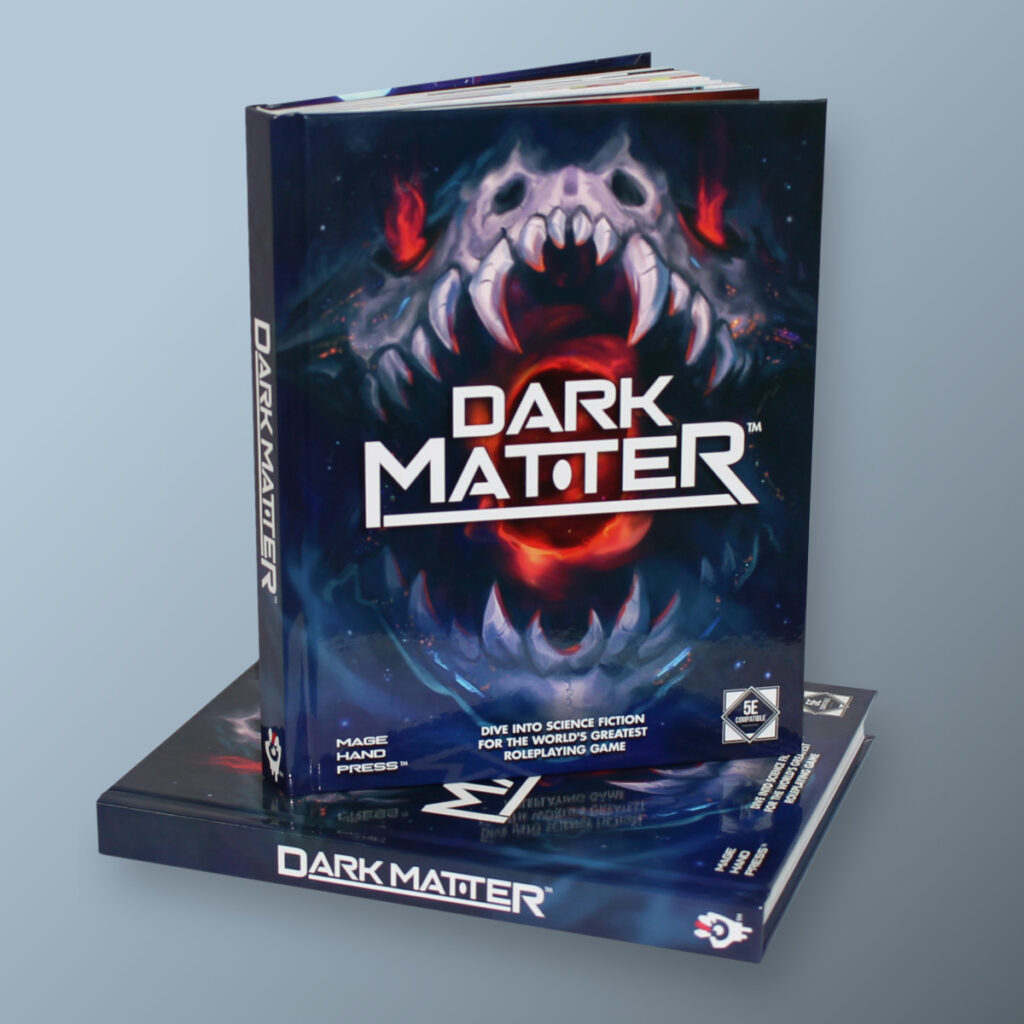Equipment
Comments from the Finger: This is almost certainly just a first pass at a group of traditional Japanese weapons, but I thought I’d throw it out here do collect everyone’s opinions on balance, variety, and accuracy.
Eastern Weapons
| Weapon | Cost | Damage | Weight | Properties |
| Simple Melee | ||||
| Bō Staff | 2 sp | 1d6 bludgeoning | 4 lb. | Versatile (1d8) |
| Claw Gauntlet | 5 gp | 1d4 slashing | 2 lb. | Fist, light |
| Kama | 1 gp | 1d4 slashing | 2 lb. | Finesse, light |
| Kunai | 5 cp | 1d4 piercing | 1/4 lb. | Finesse, thrown (range 20/60) |
| Sai | 2 gp | 1d4 piercing | 2 lb. | Finesse, light |
| Tonfa | 1 sp | 1d4 bludgeoning | 1 lb. | Light |
| Martial Melee | ||||
| Katana | 50 gp | 1d8 slashing | 3 lb. | Finesse, versatile (d10) |
| Kusarigama | 25 gp | 1d6 slashing | 4 lb. | Two-handed, finesse, reach |
| Naginata | 50 gp | 1d10 slashing | 5 lb. | Heavy, reach, two-handed |
| Nunchaku | 5 sp | 1d6 bludgeoning | 1 lb. | Finesse, light |
| Ōdachi | 100 gp | 1d12 slashing | 7 lb. | Finesse, heavy, two-handed |
| Tetsubo | 15 gp | 1d12 bludgeoning | 10 lb. | Heavy, two-handed |
| Wakizashi | 25 gp | 1d6 slashing | 2 lb. | Finesse, light |
| Simple Ranged | ||||
| Shuriken | 5 cp | 1d4 slashing | 1/4 lb. | Finesse, thrown (range 20/60) |
| Martial Ranged | ||||
| Tanegashima | 150 gp | 2d8 piercing | 10 lb. | Ammunition (range 80/240), dry, loading, misfire, two-handed |
| Yumi | 50 gp | 1d8 piercing | 2 lb. | Ammunition (range 80/320), two-handed |
Weapon Properties
The eastern weapons above share a number of special properties. Of important exception is the Tanegashima which, as a firearm, does not add an ability score to its damage rolls. Other weapon properties are detailed here:
Ammunition. You can use a weapon that has the Ammunition property to make a ranged attack only if you have ammunition to fire from the weapon. Each time you attack with the weapon, you expend one piece of ammunition. Drawing the ammunition from a quiver, case, or other container is part of the attack (you need a free hand to load a one-handed weapon). At the end of the battle, you can recover half your expended ammunition by taking a minute to search the battlefield. If you use a weapon that has the ammunition property to make a melee attack, you treat the weapon as an improvised weapon. Firearm ammunition is destroyed upon use.
Dry. If this weapon is ever submerged in water or doused with a significant quantity of water, it jams. A jammed firearm can’t be used to make an attack until a creature uses its action to clear the weapon malfunction.
Finesse. When making an attack with a finesse weapon, you use your choice of your Strength or Dexterity modifier for the attack and damage rolls. You must use the same modifier for both rolls.
Fist. You can treat attacks with this weapon as unarmed strikes.
Heavy. Small creatures have disadvantage on attack rolls with heavy weapons. A heavy weapon’s size and bulk make it too large for a Small creature to use effectively.
Light. A light weapon is small and easy to handle, making it ideal for use when fighting with two weapons.
Loading. Because of the time required to load this weapon, you can fire only one piece of ammunition from it when you use an action, bonus action, or reaction to fire it, regardless of the number of attacks you can normally make.
Misfire. When you roll a critical failure on an attack roll with this weapon, it jams. A jammed firearm can’t be used to make an attack until a creature uses its action to clear the weapon malfunction.
Range. A weapon that can be used to make a ranged attack has a range in parentheses after the Ammunition or Thrown property. The range lists two numbers. The first is the weapon’s normal range in feet, and the second indicates the weapon’s long range. When attacking a target beyond normal range, you have disadvantage on the attack roll. You can’t attack a target beyond the weapon’s long range.
The eastern weapons above share a number of special properties. Of important exception is the Tanegashima which, as a firearm, does not add an ability score to its damage rolls. Other weapon properties are detailed here:
Ammunition. You can use a weapon that has the Ammunition property to make a ranged attack only if you have ammunition to fire from the weapon. Each time you attack with the weapon, you expend one piece of ammunition. Drawing the ammunition from a quiver, case, or other container is part of the attack (you need a free hand to load a one-handed weapon). At the end of the battle, you can recover half your expended ammunition by taking a minute to search the battlefield. If you use a weapon that has the ammunition property to make a melee attack, you treat the weapon as an improvised weapon. Firearm ammunition is destroyed upon use.
Dry. If this weapon is ever submerged in water or doused with a significant quantity of water, it jams. A jammed firearm can’t be used to make an attack until a creature uses its action to clear the weapon malfunction.
Finesse. When making an attack with a finesse weapon, you use your choice of your Strength or Dexterity modifier for the attack and damage rolls. You must use the same modifier for both rolls.
Fist. You can treat attacks with this weapon as unarmed strikes.
Heavy. Small creatures have disadvantage on attack rolls with heavy weapons. A heavy weapon’s size and bulk make it too large for a Small creature to use effectively.
Light. A light weapon is small and easy to handle, making it ideal for use when fighting with two weapons.
Loading. Because of the time required to load this weapon, you can fire only one piece of ammunition from it when you use an action, bonus action, or reaction to fire it, regardless of the number of attacks you can normally make.
Misfire. When you roll a critical failure on an attack roll with this weapon, it jams. A jammed firearm can’t be used to make an attack until a creature uses its action to clear the weapon malfunction.
Range. A weapon that can be used to make a ranged attack has a range in parentheses after the Ammunition or Thrown property. The range lists two numbers. The first is the weapon’s normal range in feet, and the second indicates the weapon’s long range. When attacking a target beyond normal range, you have disadvantage on the attack roll. You can’t attack a target beyond the weapon’s long range.
Reach. This weapon adds 5 feet to your reach when you attack with it, as well as when determining your reach for opportunity attacks with it.
Thrown. If a weapon has the Thrown property, you can throw the weapon to make a ranged attack. If the weapon is a melee weapon, you use the same ability modifier for that attack roll and damage roll that you would use for a melee attack with the weapon. For example, if you throw a handaxe, you use your Strength, but if you throw a dagger, you can use either your Strength or your Dexterity, since the dagger has the finesse property.
Two-Handed. This weapon requires two hands when you attack with it.
Versatile. This weapon can be used with one or two hands. A damage value in parentheses appears with the property—the damage when the weapon is used with two hands to make a melee attack.
Changelog: 9/1/18: Nunchaku moved to martial: Added properties
Katana: Versatile
Wakizashi: Light



